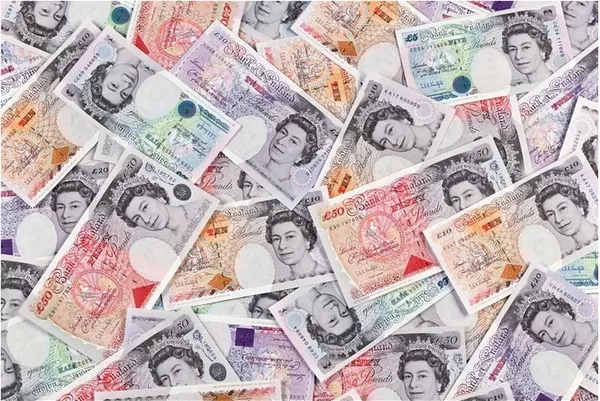The British pound has been on a rollercoaster ride in recent years, with significant fluctuations in value against major global currencies such as the US dollar and the euro. Many factors affect the strength of the pound, including political and economic developments in the UK and global market conditions. In this article, we will explore some of the primary drivers of the British pound’s strength and assess the likelihood of a currency boost in the near future.
Some of the primary drivers of the British pound’s strength:
-
Brexit Impact
One of the main reasons for the pound’s instability over the past few years has been the UK’s decision to leave the European Union. Brexit negotiations and uncertainties have caused significant fluctuations in the pound’s value. However, with the UK finally leaving the EU in January 2020, it is possible that the worst of the turbulence is behind us. A stable government focusing on promoting growth post-Brexit could also be favourable to the pound’s value.
-
Economic Recovery
The COVID-19 pandemic has had an adverse effect on the UK economy, but there are signs of recovery. The UK government has invested heavily in measures to stimulate economic growth, such as the furlough scheme, which has helped to keep people in employment during lockdowns. The Bank of England has also reduced interest rates to keep borrowing costs low for businesses and individuals. If current trends continue and the UK economy bounces back strongly, this could be a positive factor for the pound.
-
Inflation Outlook
Inflation is a key driver of currency values. If inflation rates rise, it can lead to a reduction in the value of a currency. The Bank of England aims to keep inflation at around 2% per annum, but the rate has risen above this level in recent months. If inflation continues to rise, it could put pressure on the Bank of England to raise interest rates, which could boost the pound’s value.
-
Trade Agreements
The UK government has been negotiating trade agreements with countries around the world since leaving the EU. If these negotiations are successful, it could be a positive factor for the pound. Trade agreements can boost economic growth and stimulate business activity, which can lead to an increase in demand for a country’s currency.
-
Global Economic Conditions
Global economic conditions also play a significant role in determining the strength of the pound. The US dollar is often seen as a safe-haven currency, so if there is an economic crisis or uncertainty, investors may flock to the dollar, causing the pound to weaken. Similarly, events such as the ongoing COVID-19 pandemic can have a significant impact on global markets, leading to fluctuations in currencies.
Conclusion
In conclusion, predicting the future strength of the British pound is difficult, given the many factors that can influence its value. However, by considering the key drivers discussed above, we can make some educated guesses about what might happen. If the UK government prioritises economic growth and stability, successfully negotiates trade agreements, and the economy continues to recover, we could see a boost in the pound’s value. On the other hand, if inflation continues to rise, or there is instability in global markets, the pound could weaken. Ultimately, monitoring political, economic and global developments will be key to understanding the future direction of the pound.


